Discover the Women of the Hall
These are the Inductees of the National Women’s Hall of Fame. Select any of the women to discover their stories and learn how they have influenced other women and this country.
 Margaret Sanger
Humanities
1879
1981
Margaret Sanger
Humanities
1879
1981

Margaret Sanger
Nurse and social reformer. After seeing many poor women in New York City damaged and dying from attempts to end unwanted pregnancies, she fought for reform. Sanger underwent arrests and imprisonment for distributing information on birth control and contraception.
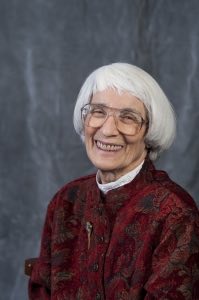 Bernice Resnick Sandler
Education, Humanities
1928
New York
2013
Bernice Resnick Sandler
Education, Humanities
1928
New York
2013

Bernice Resnick Sandler
For more than forty years, Bernice Resnick Sandler has been a tireless advocate of educational equity for women and girls. In 1970, Sandler filed the first charges of sex discrimination against 250 educational institutions. It was this strategy that led to the first federal investigations of campus sex discrimination at a time when no laws existed to prohibit discrimination based on sex in education. Subsequently, Sandler was instrumental in the development, passage and implementation of Title IX, the legislation that prohibits discrimination on the basis of sex in any federally funded education program or activity. An expert in strategies and policies to prevent and respond to sex discrimination in higher education, Sandler has given more than 2,500 presentations. She currently serves as a Senior Scholar in Residence at the Women’s Research and Education Institute in Washington, DC.
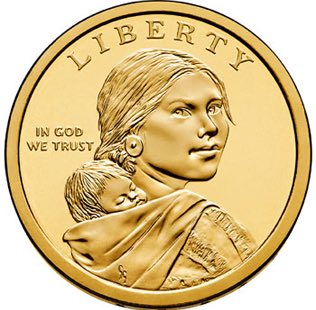 Sacagawea / Sacajawea / Sakakawea
Humanities
c.1788
Idaho
2003
Sacagawea / Sacajawea / Sakakawea
Humanities
c.1788
Idaho
2003

Sacagawea / Sacajawea / Sakakawea
A Shoshone woman who served as a guide to Lewis and Clark during their exploration of the American West, Sacagawea was an instrumental part in the success of this legendary Expedition.
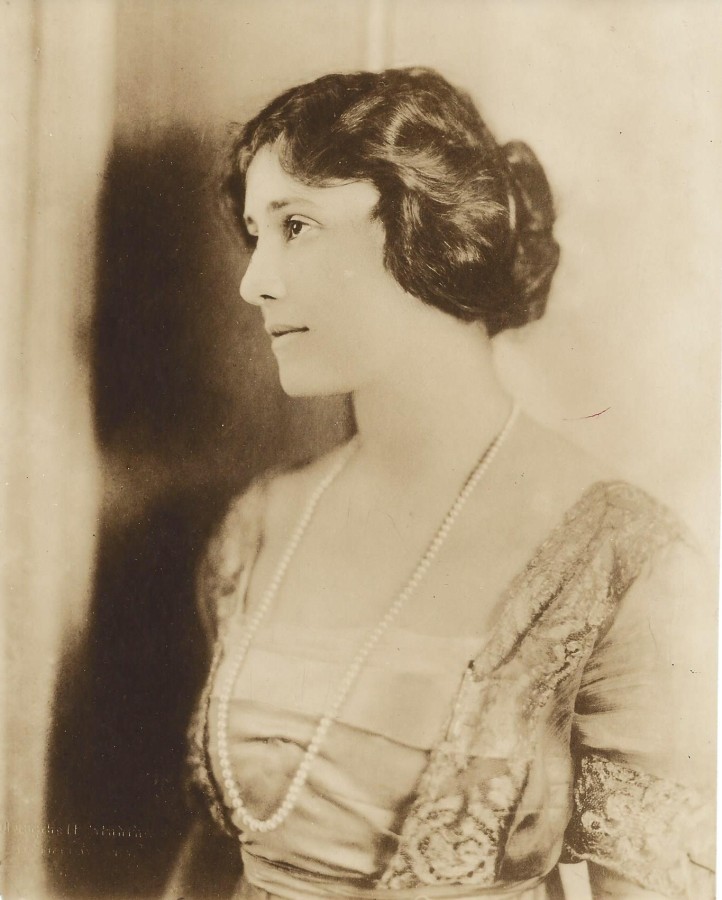 Mary Harriman Rumsey
Humanities
1881
New York
2015
Mary Harriman Rumsey
Humanities
1881
New York
2015

Mary Harriman Rumsey
The founder of the Junior League, she helped author the Social Security Act, chaired the first consumer’s rights groups, and was instrumental in the creation of public playgrounds in New York’s Central Park.
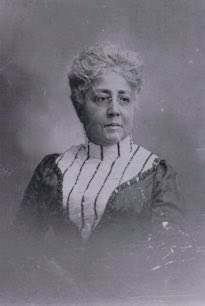 Josephine St. Pierre Ruffin
Humanities
1842
1995
Josephine St. Pierre Ruffin
Humanities
1842
1995

Josephine St. Pierre Ruffin
African American leader from New England. Ruffin was a suffragist, fought slavery, and founded several organizations for African American women, including the Boston branch of the NAACP and the League of Women for Community Service.
 Ruby Bridges
Humanities
1954
Mississippi
2024
Ruby Bridges
Humanities
1954
Mississippi
2024

Ruby Bridges
Civil Rights icon, activist, author, and speaker, Ruby Bridges stepped into history books in 1960 when at six years old she single-handedly broke down barriers by desegregating the all-white William Frantz Elementary school in New Orleans.
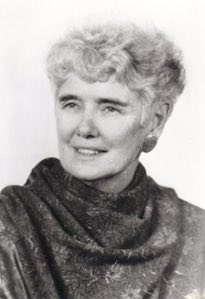 Elaine Roulet
Humanities
1930
1993
Elaine Roulet
Humanities
1930
1993

Elaine Roulet
Crusader for some of society’s most sharply disadvantaged, children of women in prison. A Sister of St. Joseph, Roulet has created many social reform and welfare organizations. She is best known for her work at the Bedford Hills Correction Center in New York, where she enabled mothers in prison to keep their babies for a year, a program now being patterned nationwide.
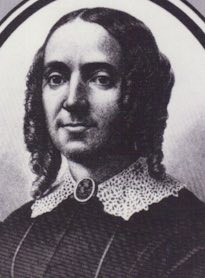 Ernestine Louise Potowski Rose
Humanities
1810
1996
Ernestine Louise Potowski Rose
Humanities
1810
1996

Ernestine Louise Potowski Rose
Early advocate for women’s rights, traveling for more than three decades giving eloquent speeches and seeking petition signatures. Rose sought women’s rights, the abolition of slavery and many other reforms before others took up the causes. From 1835 through 1869, she was often the first woman to speak in public on many platforms.
 Eleanor Roosevelt
Humanities
1884
1973
Eleanor Roosevelt
Humanities
1884
1973

Eleanor Roosevelt
Trailblazing First Lady and wife of President Franklin Roosevelt. She spent her adult years working in politics and social reform. Her warmth and compassion inspired the nation, and she later became U.S. Delegate to the United Nations. The U.N. Declaration of Human Rights was largely her work, and she chaired the first-ever Presidential Commission on the Status of Women (1961).
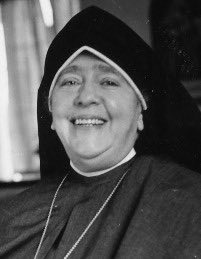 Mother Mary Joseph Rogers, MM
Humanities
1882
Massachusetts
2013
Mother Mary Joseph Rogers, MM
Humanities
1882
Massachusetts
2013

Mother Mary Joseph Rogers, MM
A woman of extraordinary vision and drive, Mother Mary Joseph Rogers, MM founded the Maryknoll Sisters, the first United States based Catholic congregation of religious women dedicated to a global mission. While attending Smith College in 1904, Rogers was inspired by graduating Protestant students preparing to leave for missionary work in China, and following her graduation, she returned to Smith and started a mission club for Catholic students (1905). It was while organizing the club that she met Father James A. Walsh, director of Boston’s Office for the Propagation of the Faith, later founder of Maryknoll Fathers & Brothers, through whom she was inspired to establish a mission congregation for women. The Maryknoll Sisters were founded in 1912, and by the time of Rogers’ death in 1955, there were 1,065 sisters working in twenty countries and several cities in the United States.
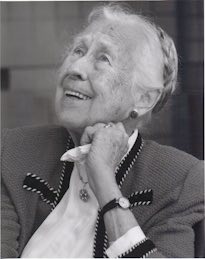 Esther Peterson
Humanities
1906
Utah
1993
Esther Peterson
Humanities
1906
Utah
1993

Esther Peterson
Catalyst for change in the labor, women’s and consumer movements. The driving force behind President Kennedy’s creation of the first Presidential Commission on Women in 1962, Peterson headed the Women’s Bureau in the Department of Labor. She also served Presidents Johnson and Carter, and served at the United Nations under President Clinton.
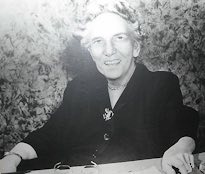 Rebecca Talbot Perkins
Humanities
1866
New York
2009
Rebecca Talbot Perkins
Humanities
1866
New York
2009

Rebecca Talbot Perkins
In 1927, a time when very few agencies existed to promote adoption, Rebecca Talbot Perkins joined with the Alliance of Women’s Clubs of Brooklyn to create The Rebecca Talbot Perkins Adoption Society. Later known as Talbot Perkins Children’s Services, the organization provided foster care and adoption services to countless families across the country for 75 years. Throughout her lifetime, Perkins was active in various charitable and civic causes as a member of the Brooklyn Women’s Suffrage Society, chair of the Alliance of Women’s Clubs of Brooklyn, Vice President of the Memorial Hospital for Women and Children, and a director of the Welcome Home for Girls.
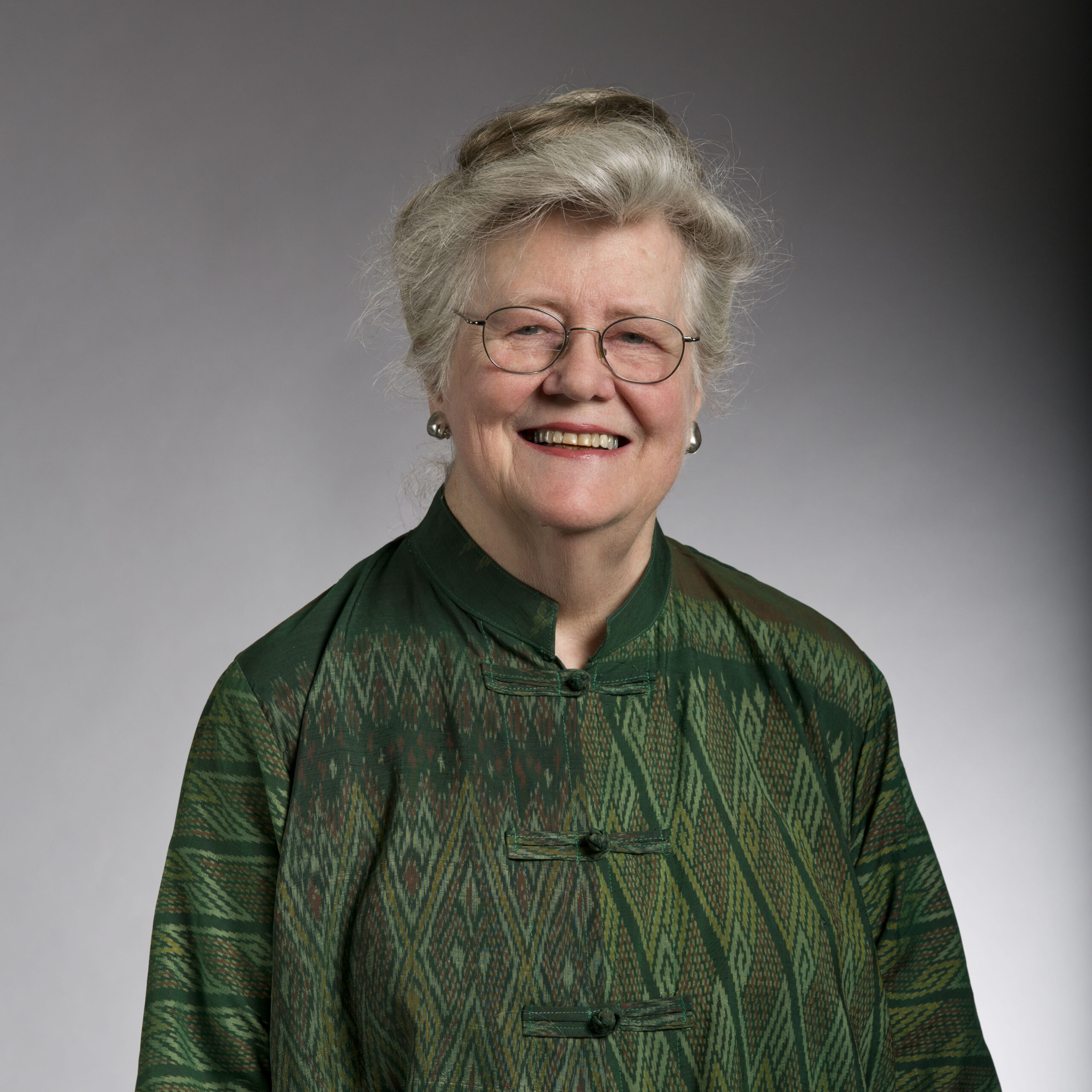 Peggy McIntosh
Education, Humanities
1934
New York
2024
Peggy McIntosh
Education, Humanities
1934
New York
2024

Peggy McIntosh
Peggy McIntosh is renowned as an educational innovator, feminist activist, author, and public speaker. McIntosh derived her understanding of white privilege from observing parallels with male privilege.
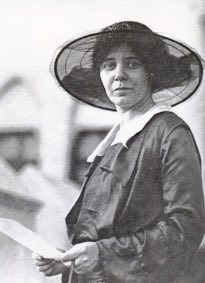 Alice Paul
Humanities
1885
1979
Alice Paul
Humanities
1885
1979

Alice Paul
Social reformer. Reared a Quaker, Paul found most of the women’s suffrage movement too slow and passive. After earning a Ph.D. from the University of Pennsylvania in 1912, she campaigned aggressively for women’s suffrage, using picketing and demonstrations to draw attention to the issue. Paul founded the women’s party, which demanded passage of the Equal Rights Amendment.
 Rosa Parks
Humanities
1913
Alabama
1993
Rosa Parks
Humanities
1913
Alabama
1993

Rosa Parks
Known as “the mother of the Civil Rights Movement,” when, in 1955, she refused to give up her seat on a public bus to a white man in Montgomery, Alabama. The event sparked the Montgomery bus boycott, the first major effort in the Civil Rights struggle.
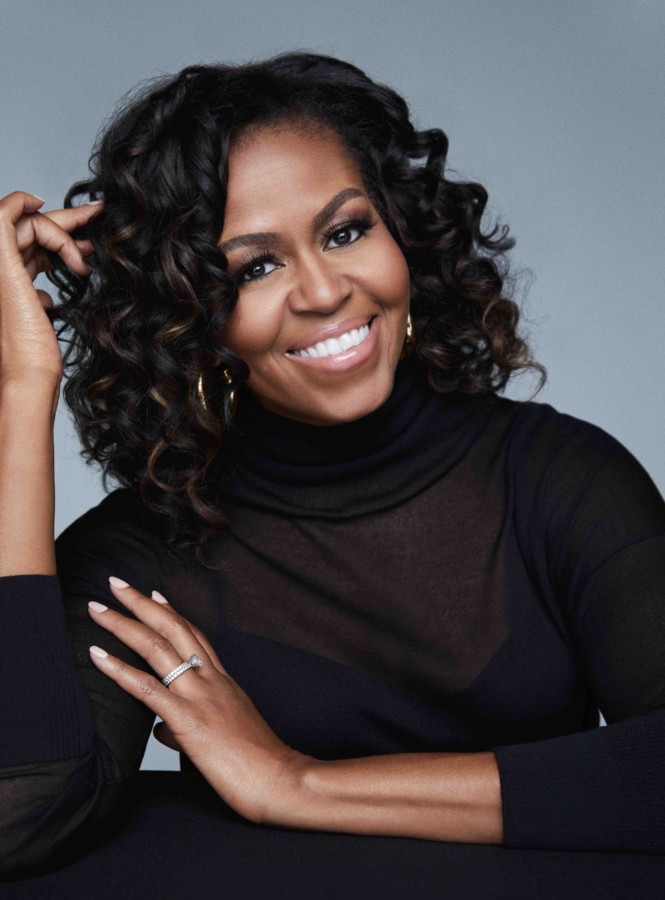 Michelle Obama
Arts, Humanities
1964
Illinois
2021
Michelle Obama
Arts, Humanities
1964
Illinois
2021

Michelle Obama
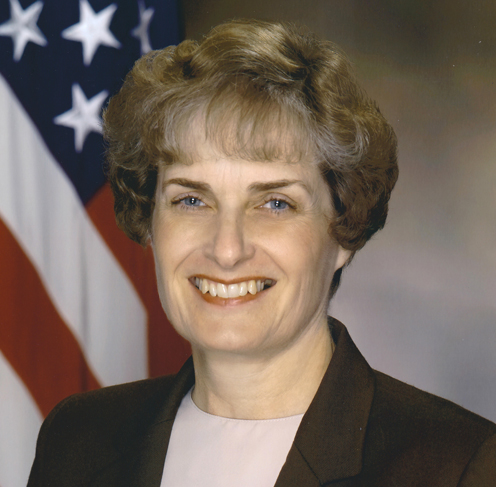 Carol A. Mutter
Government, Humanities
1945
Colorado
2017
Carol A. Mutter
Government, Humanities
1945
Colorado
2017

Carol A. Mutter
A Lieutenant General who entered the Marines when only 1% of Marines were women and no women were in the deployed services. Among her numerous activities, she has served as Chair of the Department of Defense Advisory Committee on Women in the Services and is a Past President of the Women Marines Association where she remains active at the national level.
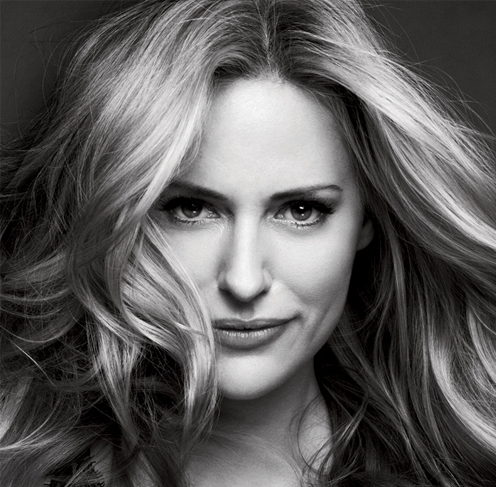 Aimée Mullins
Arts, Athletics, Humanities, Philanthropy
1976
Pennsylvania
2017
Aimée Mullins
Arts, Athletics, Humanities, Philanthropy
1976
Pennsylvania
2017

Aimée Mullins
She is a world record holding athlete, ground-breaking high fashion model, beacon for design tech, dedicated advocate, and avant-garde actor. She conceived of, and was the first to wear and compete in, prostheses modeled after the hind legs of a cheetah – now the international standard for amputee runners.
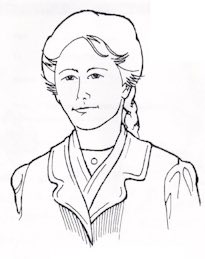 Kate Mullany
Humanities
1845
2000
Kate Mullany
Humanities
1845
2000

Kate Mullany
Founder and organizer of the Collar Laundry Union in 1864, she led a strike of 200 laundresses in Troy, NY, which resulted in a 25% wage increase and improvement of working conditions. Her efforts to organize women in New York City and financially assist both male and female unions were rewarded when she was appointed as an assistant secretary of the National Labor Union, making her the first female to hold a national labor post.
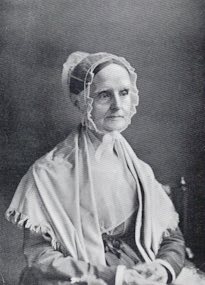 Lucretia Mott
Humanities
1793
1983
Lucretia Mott
Humanities
1793
1983

Lucretia Mott
Quaker anti-slavery advocate, who, after meeting Elizabeth Cady Stanton, became a leader in the women’s rights movement. Mott was a planner of the first Women’s Rights Convention in Seneca Falls in 1848, and she remained true to her sense of justice for African Americans and women throughout her life.
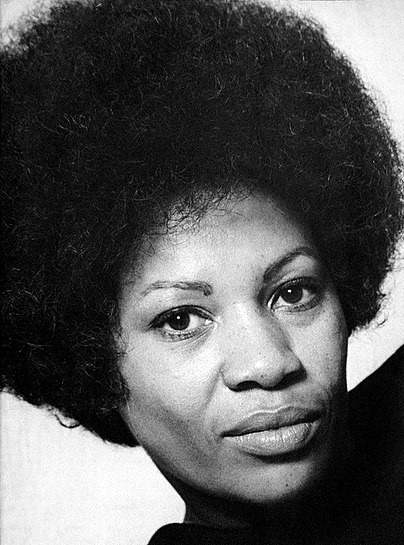 Toni Morrison
Arts, Humanities
1931
2020
Toni Morrison
Arts, Humanities
1931
2020

Toni Morrison
An author and book editor who fostered a new generation of Black writers. Morrison has been unapologetic about her focus on Black people’s experiences, and the power with which she has brought this focus.
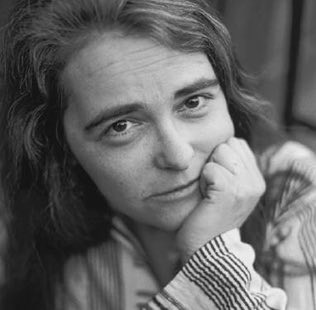 Kate Millett
Arts, Education, Humanities
1934
Minnesota
2013
Kate Millett
Arts, Education, Humanities
1934
Minnesota
2013

Kate Millett
A feminist activist, writer, visual artist, filmmaker, teacher and human rights advocate, Kate Millett has been described as one of the most influential Americans of the twentieth century. Millett began her career as an English instructor and in 1966, became the first Chair of the Education Committee of the newly formed National Organization for Women. In 1968, she authored a pioneering report published by NOW, Token Learning: A Study of Women’s Higher Education in America, in which she challenged women’s colleges to provide an equal education for women. Millett is perhaps best-known for her landmark work in feminist theory, Sexual Politics (1970). She currently serves as the Director of the Millett Center for the Arts, a creative work space that provides artist in residence accommodation and studio facilities to women artists from around the world.
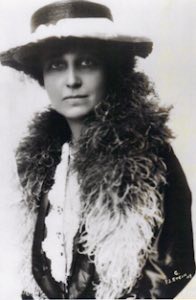 Katharine Dexter McCormick
Humanities, Philanthropy
1875
Michigan
1998
Katharine Dexter McCormick
Humanities, Philanthropy
1875
Michigan
1998

Katharine Dexter McCormick
Co-founder (with Carrie Chapman Catt) of the League of Women Voters in 1920, after ratification of the 19th Amendment. A graduate of MIT in 1904, she funded MIT’s first on-campus residence for women. She devoted her late husband’s wealth to contraceptive research and her own resources and energy to opening up doors for women in science and engineering.
 Wilma Mankiller
Humanities
1945
Oklahoma
1993
Wilma Mankiller
Humanities
1945
Oklahoma
1993

Wilma Mankiller
First woman elected Principal Chief of the Cherokee Nation. As Chief, Mankiller brought about major economic and social improvements for her tribe, including better health care, economic development, and education.
